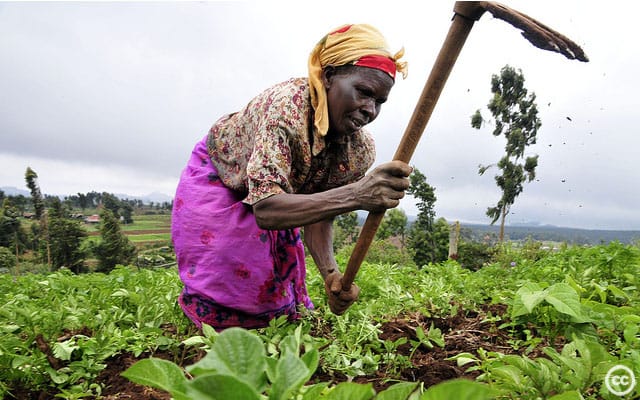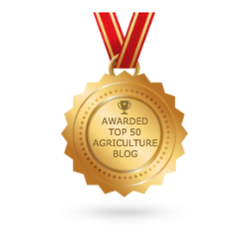|
By Carmen Ng This year’s COP22 summit at Marrakesh, Morocco from November 7-18 has put an emphasis on agriculture to combat global warming and the dire consequences that entails.
International Food Policy Research Institute (IFPRI) research suggests that 70 million more people will be at risk of hunger in 2050 due to climate change. Moreover, global food security cannot be achieved without addressing the climate problem. Why is this important? Climate change impacts negatively on agriculture including crops, livestock, fisheries and natural resources such as land and water which undermines global efforts in assuring food security and nutrition. Ultimately, this slows down efforts in reducing hunger especially in rural regions where they are most affected. Climate change compounds on these existing issues and further inaction will lead to more serious and catastrophic disaster in a warming world. Despite agriculture contributing to 11-29% of total greenhouse gas (GHG) emissions according to De Pinto, an IFPRI researcher, it has been stressed as the main theme at COP22 that agriculture plays a significant role in adaptation and mitigation of climate change particularly in countries where agriculture is the backbone of the economy. The agricultural sector has the potential to transcend towards handling climate change challenges. Some strategies proposed: i)Transforming agriculture with sustainable practices – maximize efficiency of using resources This can be achieved through increasing agricultural productivity with sustainable practices; modifying food systems to aid in adapting and building resilience to rising temperatures; and reducing GHG emissions. Boosting sustainable agriculture can be beneficial in reducing malnutrition; poverty alleviation; creating economic opportunities and generate better job growth for generations to come. An increase in sustainable farm productivity will definitely require a combination of more efficient use of inputs and reduction of emission outputs. Eventually, this will lead to improved management of natural resources; conserving biodiversity and the ecosystem; raising carbon capture which subsequently mitigates greenhouse effect and slow down climate change. ii)Tackling water scarcity issue As water availability is critical in sustainable agriculture, it has been highlighted as one of the many issues we need to address and IFPRI can assist in overcoming these obstacles through advocating better knowledge, practice and innovative technologies that are effective in different parts of the world. FAO also launched the Global Framework for Action to Cope with Water Scarcity in Agriculture in the Context of Climate Change at the COP22 conference; a new global framework to resolve global water scarcity issue. iii)Larger sustainable climate finance flows There has been an urgency to scale up international flows of climate finance and investment may be needed to bring about change as the current percentage of only 2% of the climate finance is directed at the agriculture sector “is extremely low, and quite below our needs". Hence, a blended finance mechanism between the public and private sector is warranted to raise the necessary funds. iv)A systemic view towards the problem A Climate-Smart Agriculture (CSA) approach must include all aspects of food production and development for it to make a significant change. Transitioning to CSA is not without risk and uncertainties, thus stakeholders must have a systemic approach towards agricultural development in regards to the context of land use. Collectively, organizations should focus on implementing sustainable management of land, soil, water and climate risk that enables agriculture to be more resilient to climate change and also reduce GHG emission which further compounds climate change. Collaboration and networks among stakeholders may be required to gain momentum and bring about effective change. The original articles can be accessed through the links below: http://www.ifpri.org/blog/how-agriculture-can-adapt-climate-change http://www.fao.org/news/story/en/item/453416/icode Comments are closed.
|


